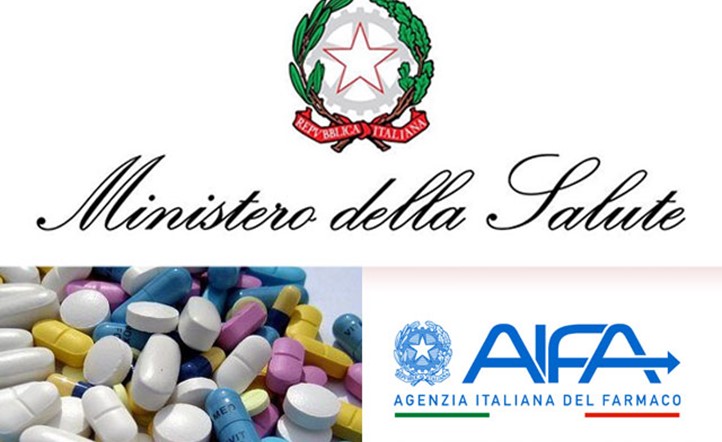Pubblicazione AIFA: Il ruolo delle valutazioni economiche nelle decisioni di prezzo e rimborso dei farmaci

Sul sito istituzionale di AIFA è stato reso noto ccon un comunicato he è stato pubblicato sulla rivista internazionale Pharmacoeconomics il primo studio che analizza il ruolo delle valutazioni economiche nel processo di definizione del prezzo e della rimborsabilità dei medicinali in Italia.
L’articolo, dal titolo “Role of Economic Evaluations on Pricing of Medicines Reimbursed by the Italian National Health Service” è frutto di un lavoro di analisi condotto dall’Ufficio Valutazioni Economiche di AIFA con la collaborazione e supervisione del prof. Andrea Manca del Centre for Health Economics dell’Università di York.
Abstract
Objective
The main objective of this study was to explore the extent to which the incremental cost-effectiveness ratio (ICER), alongside other factors, predicts the final outcome of medicine price negotiation in Italy. The second objective was to depict the mean ICER of medicines obtained after negotiation.
Methods
Data were extracted from company dossiers submitted to the Italian Medicines Agency (AIFA) from October 2016 to January 2021 and AIFA’s internal database. Beta-based regression analyses were used to test the effect of ICER and other variables on the outcome of price negotiation (ΔP), defined as the percentage difference between the list price requested by manufacturers and the final price paid by the Italian National Health Service (INHS).
Results
In our dataset of 48 pricing and reimbursement procedures, the ICER before negotiation was one of the variables with a major impact on the outcome of negotiation when ≥ 40,000€/QALY. As resulting from multiple regression analyses, the effect of the ICER on ΔP seemed driven by medicines for non-onco-immunological and non-rare diseases. Overall, the negotiation process granted mean incremental costs of €64,688 and mean incremental QALYs of 1.96, yielding an average ICER of €33,004/QALY.
Conclusions
This study provides support on the influence of cost-effectiveness analysis on price negotiation in the Italian context, providing an estimate of the mean ICER of reimbursed medicines, calculated using net confidential prices charged by the INHS. The role and use of economic evaluations in medicines pricing should be further improved to get the best value for money.
Key Points for Decision Makers
- This study suggests that economic evaluations submitted by pharmaceutical companies to AIFA plays a role in pricing of reimbursed medicines in Italy.
- It was found that results from cost-effectiveness analyses may predict the final outcome of price negotiations, while the role of many other factors is still unclear.
- Further effort is needed to define a well-structured value framework for medicines price setting in Italy and increase the impact of cost-effectiveness analyses to ensure value-for-money of new medicines.
